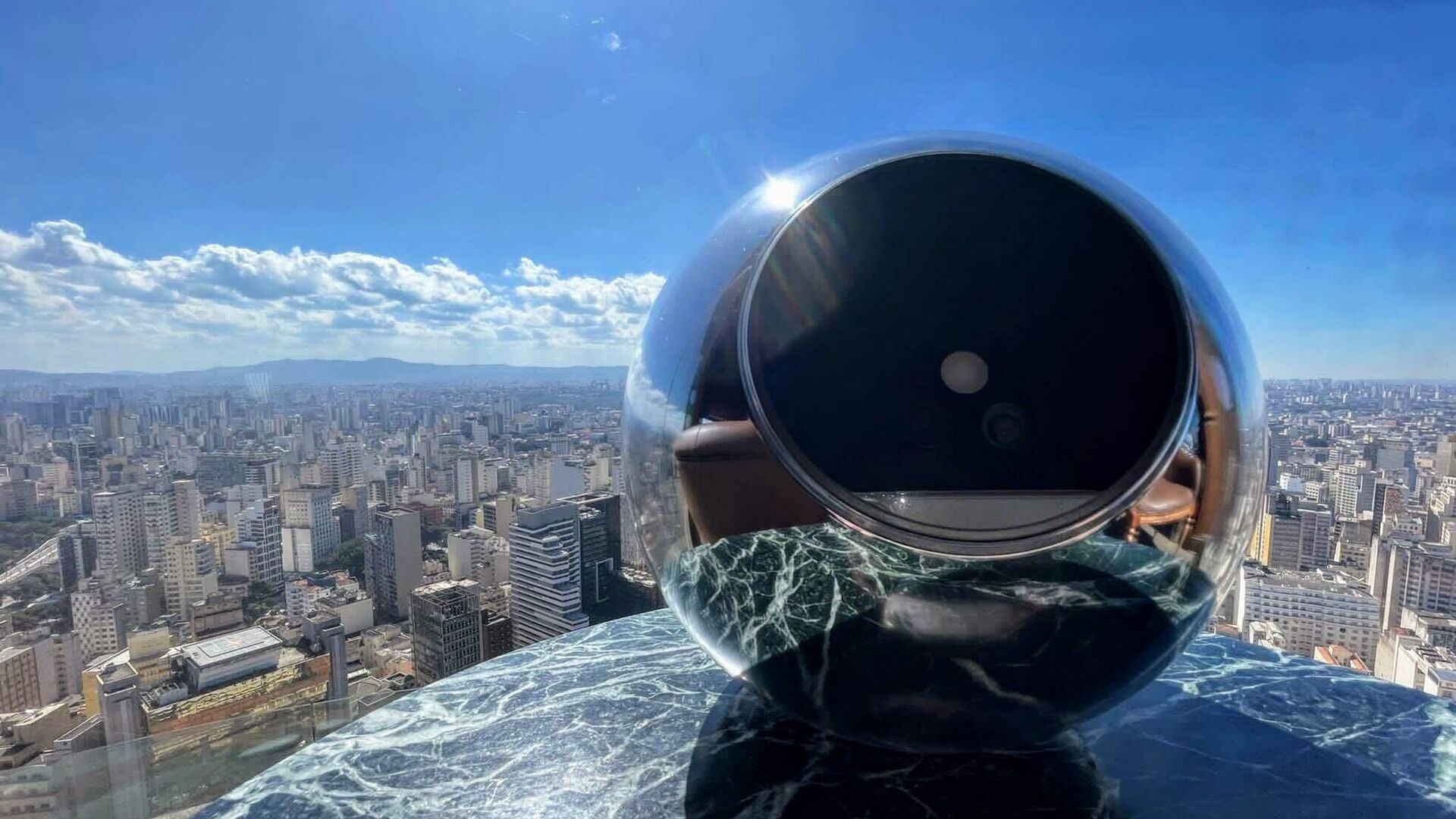What is Worldcoin Crypto and Why Kenya Suspends It?
13:51 02.08.2023 (Updated: 15:13 02.08.2023)

© Photo Twitter / @worldcoin
Subscribe
Crypto project Worldcoin, which launched nine days ago and has spread to at least 30 countries around the world, has already sparked controversy in both Africa and Europe over security threats that its iris scanning technology could pose.
Kenyan police in the capital Nairobi on Wednesday dispersed hundreds of residents who had gathered to have their data collected to obtain the cryptocurrency Worldcoin.
According to local media, the cryptocurrency company is offering locals to have their eyeballs scanned in exchange for instantly receiving 25 Worldcoins ($49).
The police intervention followed a decision by the country's Interior Ministry to halt Worldcoin's activities in Kenya while authorities conduct an assessment of the potential risks to public security.
"The government has suspended forthwith, activities of 'Worldcoin' and any other entity that may be similarly engaging the people of Kenya until relevant public agencies certify the absence of any risks," Interior Minister Kithure Kindiki said.
Sputnik Africa delves into the nature of cryptocurrency and what security risks it might pose.
What is Worldcoin?
Cryptocurrency startup Worldcoin, developed by San Francisco and Berlin-based Tools for Humanity, spearheaded by the OpenAI head Sam Altman, who developed the GhatGPT neural network, began providing services worldwide and launched a cryptocurrency of the same name globally on July 24.
A distinctive feature of the project is that after scanning a unique iris pattern using the Orb device, the user receives a private digital identification - "World ID."
According to the company, the move is designed to protect against sibilant attacks and minimize the spread of AI-generated misinformation. Thus, the Orb scanning provides the company with "proof of personhood."
"Artificial intelligence is rapidly advancing. As it does, the ability to differentiate between human- and AI-generated content online is going from a novel idea to a necessity. That’s where proof of personhood comes in," the company's website said.
In the nine days since launch, over two million people have joined World ID, with Orb verification in 34 countries, according to the company's website.
Security Threat
However, such data collection by a cryptocurrency company has sparked calls for thorough scrutiny in a number of countries.
Within a week of the project's release, British and French data watchdogs said that Worldcoin's methods need to be examined.
France's privacy watchdog CNIL told British media that "the legality of this collection seems questionable, as do the conditions for storing biometric data."
Concerns over Worldcoin's large-scale processing of sensitive biometric data were also expressed by the Bavarian State Office for Data Protection Supervision, which launched an investigation into the company last November.
"These technologies are at first sight neither established nor well analyzed for the specific core purpose of the processing in the field of transferring financial information," Michael Will, the regulator's president told media.
On Wednesday, they were joined by Kenya, where Minister Kindiki said that the country's government is concerned about the organization's current activities.
"Relevant security, financial services and data protection agencies have commenced inquiries and investigations to establish the authenticity and legality of the aforesaid activities, the safety and protection of the data being harvested, and how the harvesters intend to use the data," the minister was quoted by the local media as saying.
The company's website claims that the project is "completely private" and that data is deleted, or the user can choose to store it encrypted.


